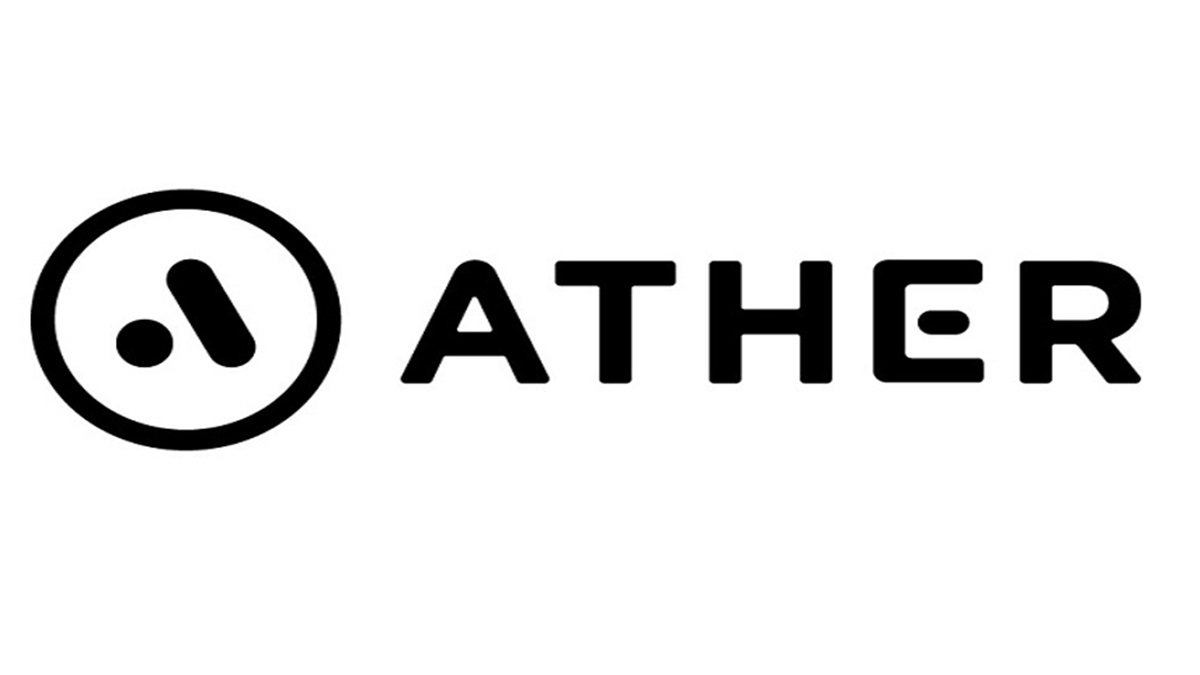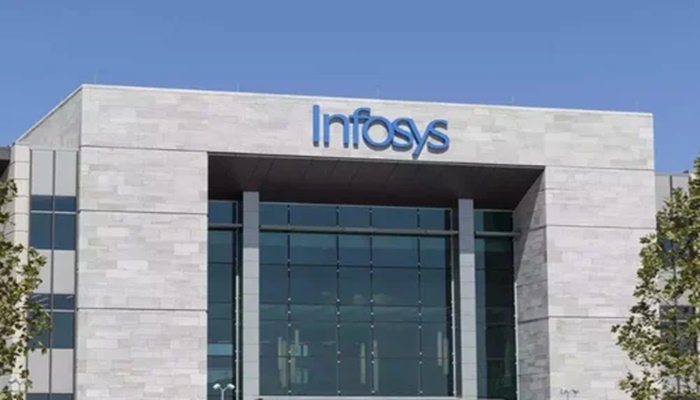As the world moves decisively into the Fourth Industrial Revolution, we are witnessing a rapid transformation in the global employment landscape. Technologies such as Artificial Intelligence (AI), quantum computing, biotechnology, green energy, and space exploration are no longer the domains of distant imagination — they are actively reshaping economies, industries, and career pathways. In this context, India must prepare its youth for thejobsoftoday and tomorrow.
Contrary tothe common apprehension that emerging technologies will displace jobs, history has repeatedly shown us that employment evolves with innovation. When computers were first introduced in India, there was widespread fear of job loss. Yet, we adapted, reskilled, and today, digital literacy is a prerequisite across virtually every sector. Similarly, the rise of AI and related technologies may initially appear disruptive, but they are opening an entirely new universe of opportunities for thosewhoarewilling toembracechange. Thefuturewill always offer jobs; their form, function, and expectations will continue to evolve.
Skill-centric model
The global workforce is already shifting from a degree-centric to a skill-centric model. Employers are increasingly evaluating individuals based on what they can do, not just what they have studied. This necessitates a pedagogical shift from rote learning to experiential, project-based, and interdisciplinary education.
In line with this, the AICTE has introduced several transformative reforms: flexible curricula, the Academic Bank of Credits (ABC), and the multiple entry-exit model under the National Education Policy (NEP) 2020. The focus on hands-on training and practical exposure through platforms such as the National Internship Portal ensures that graduates have knowledge and experience that translates directly into employability.
Looking ahead, the most successful professionals will combine technological proficiency with human-centric skills: critical thinking, creativity, emotional intelligence, leadership, ethical reasoning, and cultural fluency. AI, ML, data science, cybersecurity, smart agriculture, green mobility, climate science, space technology, and digital healthcare are poised for exponential growth. However, it is the ‘human-tech integrators’ — individuals who can bridge the gap between machines and human needs – will lead this transformation.
Fundamental necessity
Continuous learning is no longer optional. It is a fundamental necessity in a world where industries are evolving at breakneck speed. AICTE promotes lifelong learning by integrating emerging technologies into curricula, supporting skill development through academia-industry collaboration, and launching programmes tailored for working professionals. Learning must now span the entirety of one’s career, not end at graduation.
Industry-academia collaboration is poised to play a pivotal role in enhancing future employment readiness. The AICTE has taken steps to bridge the gap between classroom learning and practical application through initiatives such as the career portal, placement portal, and the industry fellowship programme, all designed to foster meaningful engagement between students, faculty, and industry. To further strengthen the spirit of innovation and entrepreneurship, it continues to support initiatives such as IDEA Labs, Institutional Innovation Councils, and the Smart India Hackathon — platforms that encourage problem-solving and creative thinking.
The recently launched Productization Fellowship empowers young innovators to transform their ideas into market-ready products, with financial backing and mentorship. Additionally, the AICTE Research Internship (ARI) Scheme is aimed at cultivating a strong research and innovation culture among students across diverse academic domains. This scheme not only promotes early research exposure but also includes financial incentives, benefitting approximately 50,000 diploma and undergraduate students annually. Ensuring inclusive growth is equally critical. Through initiatives such as Pragati and Saraswati scholarships for girls, and free or subsidised courses via the SWAYAM and NEAT platforms, the Council is working to bridge the digital divide and ensure that students from all backgrounds have equitable access to opportunities in the emerging knowledge economy.
India is uniquely positioned to become the talent capital ofthe world. With the largest youth population and a rapidly growing digital infrastructure, we have both the potential and the responsibility to lead in this new era. Thefutureofjobswill always remain bright for thosewhoare curious, committed, and willing to evolve. Our role, as educators and policymakers, is to ensure that the next generation is equipped not just to fulfil thejobsofthefuture, but to redefine them.




















